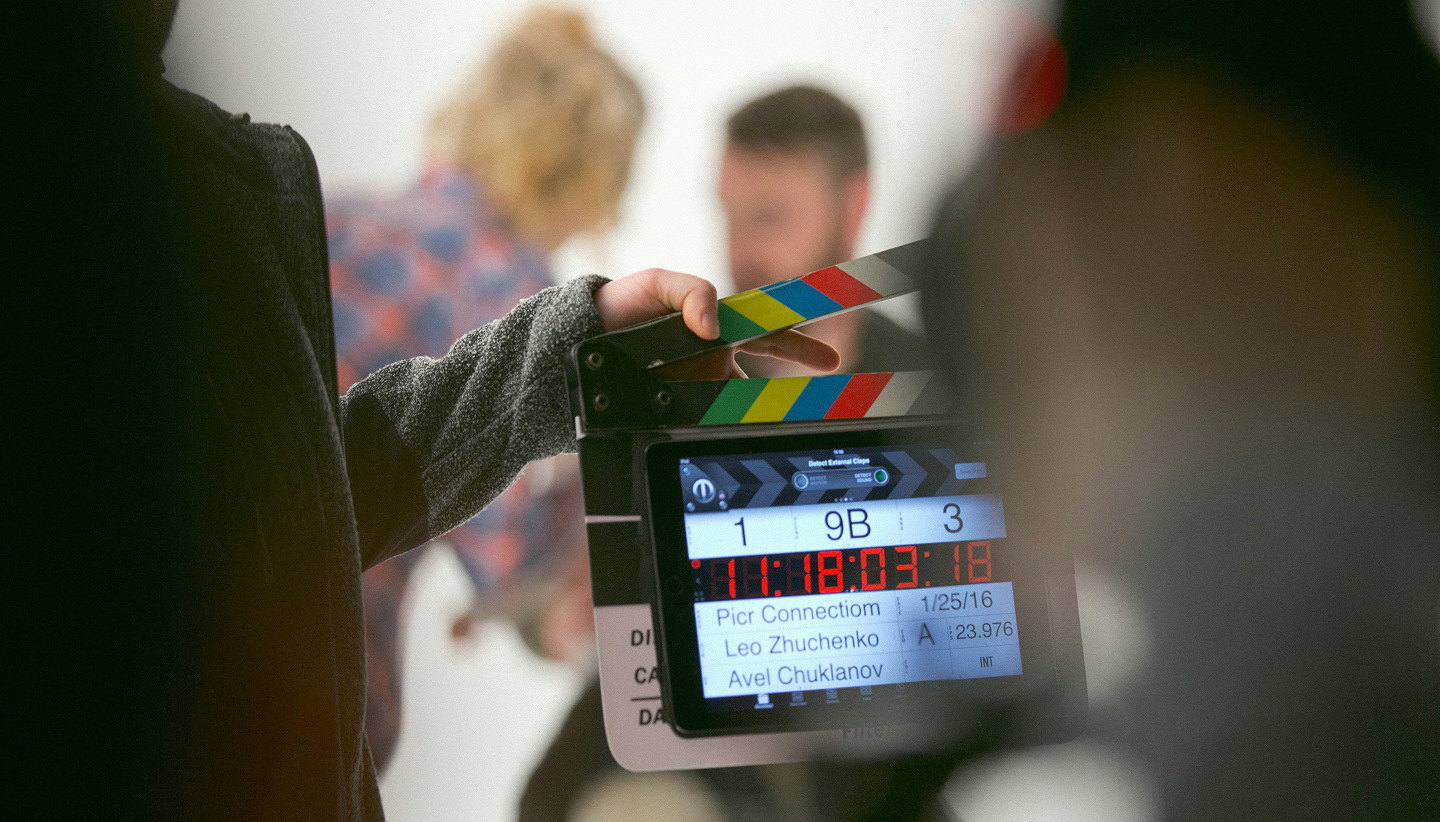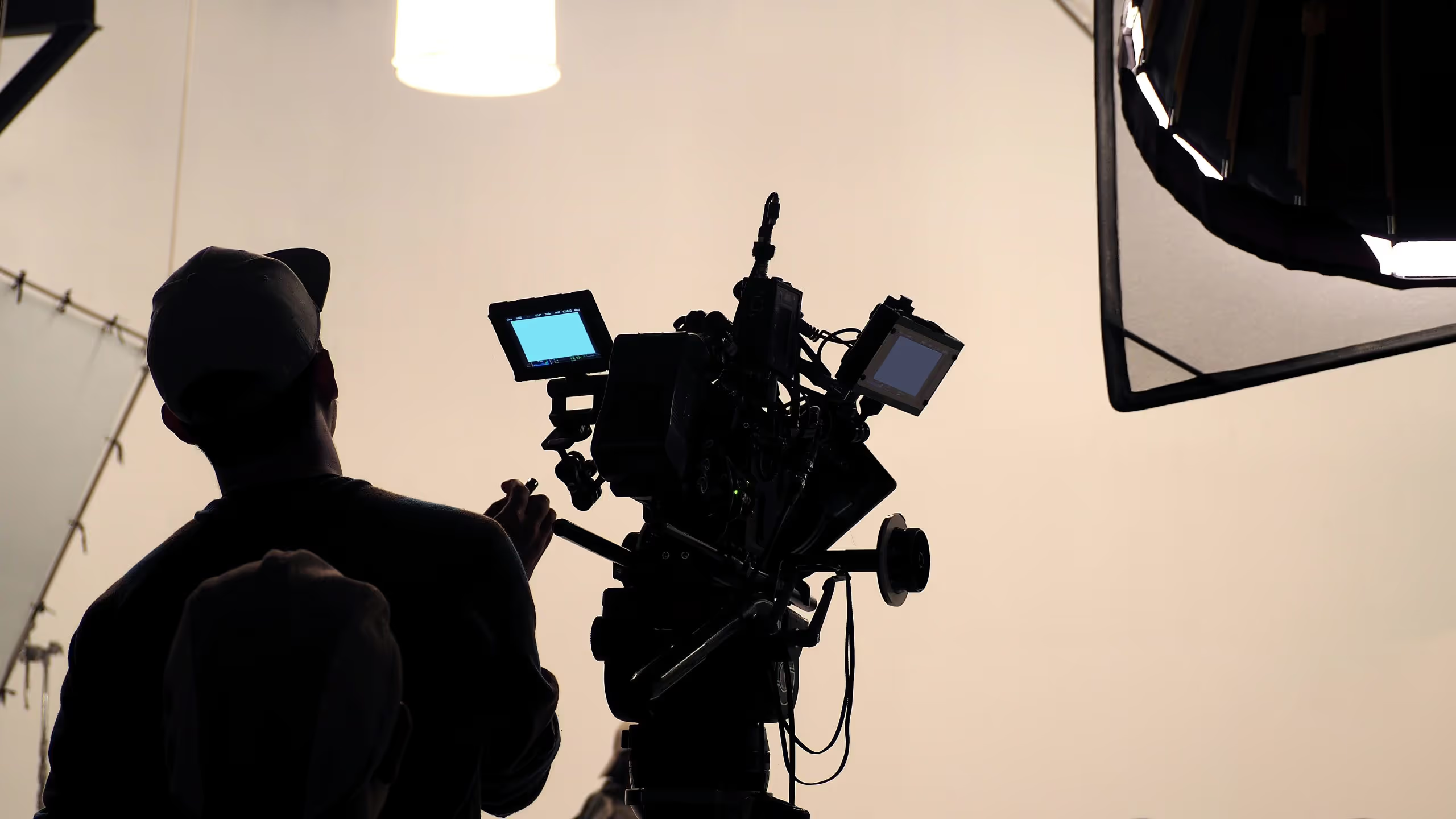How Reality TV Has Changed Audition Characters

I want to take a moment and explain who our training and advice and thinking suits. I am a full time casting director and have been since the early 80s. At the highest level of actor, I don’t deal with them. Or see them. Certainly don’t audition them. I deal with their agent. They are offer only.
I don’t deal with extras. That is someone else’s job. But again, an extra engages with their agent. Not me, the casting director.
Where I fit is for all the actors in that middle group. Good actors. Really good actors. And in order to succeed, to do a bigger role, in a better production, with a better director … you must audition.
Success therefore depends on getting the right audition. This is what our Agents Masterclass covers. You don’t need any agent. You need the right agent. In my books, a bad agent can do more harm to an actor’s career because you are branded by their reputation. Keep an eye out for our Agent’s class. It is super valuable for generating traction in your career.
So today we are talking about what to do with your audition prep. But this requires you to get the audition in the first place. And this, more often that not, requires the right agent.
Audiences embrace reality. And that has conditioned them to see real emotions. Think of daytime TV. I did soap opera as an actor in the 70s. The audience was connected to the character, Their belief was that what happened on the screen was actual. They blamed me for my character’s actions. I played a baddie.
Does anybody still have that naivety when relating to characters they see on the screen.
Reality has changed that. If a character on screen does not genuinely capture, we switch off. OK, so it is not simply reality, it is the weight of content we consume. Whenever I caught a bus to work when I was based at Sydney’s Fox Studios (now Disney) – to avoid traffic. I could read, catch up on all sorts of things because I did not have to worry about getting there. It was someone else’s job.
And where did I go for info? My phone. Or tablet. I remember looking at all the people on the bus – in peak hour, rush hour – and 90% were glued to their hand held. The world is connected. The world knows what real emotion is.
How many people do you see on a plane with a tablet watching an episode tec
So that is what producers deliver …. On subscription TV. BTW, when I say subscription I don’t mean it has to be your membership to a paid service. I use that comparison to describe anything that is not instantly accessible in terms of emotion, relationship etc. These are film makers who all trained at the school for the bleeding bloody obvious. And they employ writers, directors, actors, costume designers et al who also trained at Bleeding-Bloody- Obvious College, Tech school, high school
So we have an environment where our audience is drowning in content. Which is not a biased thing, they will look at different genres, but it does mean that people will be selective. Algorithms have also played their part. We only see what we like. It is being reinforced every time we look at a screen. Any screen – Netflix has ‘shows we would like’ on my member dashboard. Facebook, insta, TikTok all deliver to me things that engage my interest.
Wow, and if you click on an online ad, then get ready to be bombarded.
Let me piece this together:
- Audiences are more sophisticated and more discerning about on screen characters
- Producers and Networks and Studios keep pushing the envelope to be more confronting, more real, more shocking and surprising. More obtuse about the choices of subjects and character.
- Digital delivery of any and every sort of footage (is your inbox full of blooper reels – allowing the audience to see the real side of our favourite screen characters?). We have increased access to real emotions, real events, real responses
- So we drill down into the experience on screen, of people and characters and this experience is forever being less like a performance (an actor exhibiting the characters feelings or response) and more like an actual event. Happening to an actual real person and not a make believe actor. This, I found out recently, is a film style called Mumblecore. The Oxford dictionary describes it as a style oflow-budget film typically characterized by the use of non-professional actors and naturalistic or improvised
Non professional actors? Yep. Non professional CDs. And who are they? Reality style performers. Naturalistic. Incoherent, ineloquent
OK, time out for a moment. This is my schtick. Meaning, this is what I look for in actors. A dangerous, real, edge-of-your seat, what-is-happening-next? Rhythm to the sequence. I like it and the people that employ me favour this performance …. Style?
Whereas, let’s face it, when we see Chris Hemsworth do a role, it is obviously an aspirational movie star. But we are not talking about huge movie stars. I am talking about actors who have to audition.
Compare Chris Hemsworth though to Tom Hardy. Or Ryan Gosling
Which is why the Marvel universe is a larger than life fantasy world – and it is struggling.
Why? because there is little emotional involvement with the characters. And that is what contemporary performance is about.
Which of course is the foundation of the Drop-In Class for LA members that is on right after this. The pace of your audition. It is not about getting the right speed of the scripted dialogue. It is about the character rhythm.
There are still one or two places for that workshop which tarts straight after this. Check your inbox if you are based in LA
And if, as I believe, contemporary performance is being influenced by this access to reality, then it must impact the way you create a character for an audition.
What are these qualities in reality. Characters are clandestine. They convey their true feelings for another character in sidelong glances, looks laden with intimacy, and conversely with confusion and insecurity. They speak to themselves. They pause in wrong places. Incoherence is a quality.
Now picture yourself prepping an audition that has elements of insecurity, confusion and incoherence. Who was the last acting teacher who urged you to flirt with incoherence?
That is the rhythm of reality. Reality. I have a family member who has done reality for 25 years – and is currently the Showrunner of Beast Games. So I can look at a reality episode and look at how it has been constructed, how the edit has moulded and fashioned the characters, to engage and manipulate the audience.
Manipulate is a tad strong for what you are delivering in an audition …. But it should info your audition prep and thinking and audition courage. There is one more drop-in class for February. Check out the brand new website for details.
You need to create characters that are on the edge. Characters that are non linear – they don’t go from A to B. They don’t deliver the expected.
For me, find the unexpected. Find the undiscovered. Find the unpredictable.
Oh, and if anyone from the US cannot find their email, shoot my team an email to webmaster@TAT
Even if you are listening to a recording of this, join up so you can a recording of that.
And remember our motto here – actors who share book more jobs. So share with a friend
Read more from TAT
Lorem ipsum dolor sit amet, consectetur adipiscing elit.



